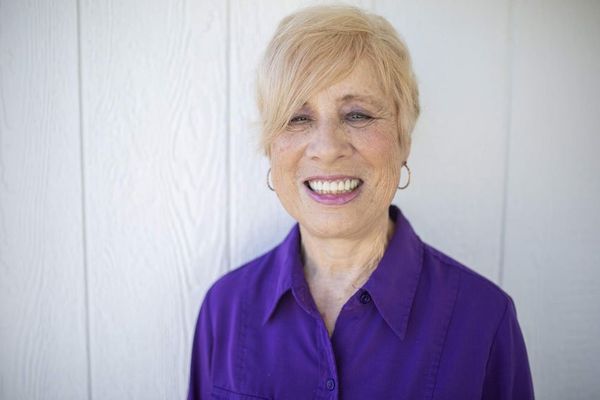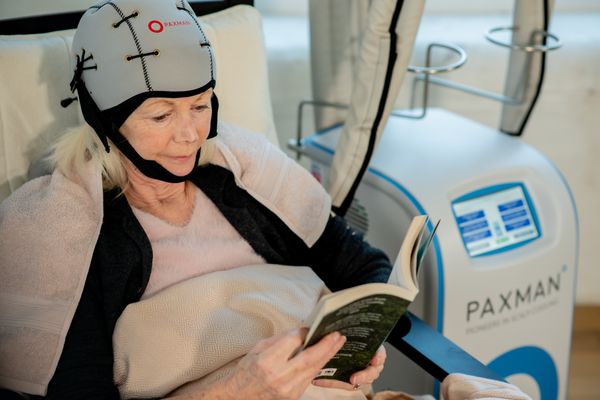Finances are not always the first thing people think of when they get diagnosed with cancer. Top questions may be, What’s the prognosis? What are the treatment options? And who are the best specialists?
But more and more, you also have to grapple with the cost of cancer alongside the physical and emotional aspects. Those costs can truly add up, often catching people by surprise.
Different types of cancer-related costs
Unfortunately, cancer costs come in many forms.
If you have health insurance, you might expect it to cover all your cancer care costs — and it should cover a lot of them. Direct medical costs include tests, medications, procedures, surgeries and some medical supplies. Insurance is likely to cover these costs if they’re considered “medically necessary.” In other words, if your treatment is in line with standard guidelines for your particular cancer and your healthcare providers (HCPs) believe you need it, it’s more likely your insurance will pay for it.
Yet even if your insurance covers direct medical costs, you may have to get their approval in advance (called “prior authorization”). Getting that approval can be its own headache. If your treatment plan is less common or you want to see an HCP who isn’t in your insurance network, you may not get approval.
Beyond the direct medical costs of your cancer treatment, you may come across many other types of expenses. For example, special foods or nutrition supplements may be important, but insurance doesn’t typically pay for them. Or, while medical care may be covered, home health may not be.
If you have to travel to get your care, across town or far away, you need to factor those costs in, too. Whether you have to pay for parking at a downtown hospital or travel to get specialized care away from home, travel costs can be challenging.
If you’re living with cancer, you may need extra help caring for your children, your parents or your pets. You may need more help in your home or doing errands that you may not be able to do yourself for a time. Caregiver costs can be substantial, and for many, may be out of reach.
Cancer costs may be even harder to manage thanks to “opportunity costs,” the missed opportunities to earn money. If you’re in treatment, you may not be able to work or you may have to scale back your hours. Lost wages or the loss of job-based health benefits can turn financial strain into a crisis. In a 2022 Cost of Cancer study conducted by HealthyWomen and CancerCare, nearly half of people in active treatment experienced some financial setback, and 6% lost their job altogether.Coping with the stress of cancer-related financial challenges
The first step in managing the very real stress of cancer-related costs is to recognize that you are not alone. HealthyWomen’s Cost of Cancer report showed that paying for cancer costs was stressful for 6 out of 10 people surveyed. Nearly 1 of 2 patients with cancer reported feeling stress, worry and a sense of being overwhelmed because of the direct and indirect costs of cancer care.
It's also important to ask for help — or allow people to help when they offer. The people in your life very likely want to help, but they may need you to tell them what would be most helpful. Perhaps a neighbor can run errands for you, or a close friend can help you with household chores. These gestures can spare you the cost of hiring someone and give you the comfort of knowing you’re not alone.
The emotional strain of a cancer diagnosis is real. The financial parts of cancer only add to those challenges. If you feel anxious, depressed or generally overwhelmed, seeking therapy or other mental health care may also help.
Easing cancer-related financial burdens
Without health insurance, the direct costs of cancer can be crushing. But if you are uninsured, there are ways to get coverage.
If you don’t have health insurance from your job, is there someone in your household who may be able to add you to their coverage? If not, visit the federal Marketplace (Healthcare.gov) or the Marketplace in your state. If you’ve lost your benefits recently, you may be able to sign up even if it’s not during open enrollment. If you have low or no income, you may qualify for generous subsidies.
Depending on your income and the rules in your state, you may qualify for Medicaid, the state-operated health insurance for people with very low incomes. Similarly, depending on your age and condition, you may be able to sign up for Medicare. These programs offer good coverage and a lot of consumer protections, often for free or with very low costs.
With or without insurance, if you’re struggling to pay for medical care, you may qualify for financial assistance from your hospital or clinic. Hospital financial counselors can often help you navigate the hospital’s financial aid process, which may include a formal application. If your application is denied, you may be able to appeal. Medical facilities will also usually set up a payment plan that lets you pay small amounts over time, sometimes without interest. Be honest about what you can comfortably afford.
If you can’t get financial relief from the hospital or medical center itself, the financial counselor may still be able to help. They might help you get support from local community or religious organizations, or from drug maker co-payment relief programs. Some nonprofits will also help you advocate for yourself or negotiate bills on your behalf.
Finally, many people turn to crowdfunding campaigns to raise the money they need. Whether you launch a formal campaign or seek financial help informally, there’s no denying the power of your community to help you cope with the emotional and financial challenges of cancer.
Resources
Cancer Financial Assistance Coalition
PAN Foundation (Patient Access Network Foundation)
This educational resource was created with support from CancerCare.
- Your Wealth or Your Health? ›
- The Cost of Cancer: The Impact of Cancer-Related Financial Burdens on Emotional Well-Being ›
- New Survey Reveals 44% of Current and Former Patients Living With Cancer Say Cost Was a Factor in Treatment Decisions; 55% Reported Feeling Depressed Over Financial Burden ›







